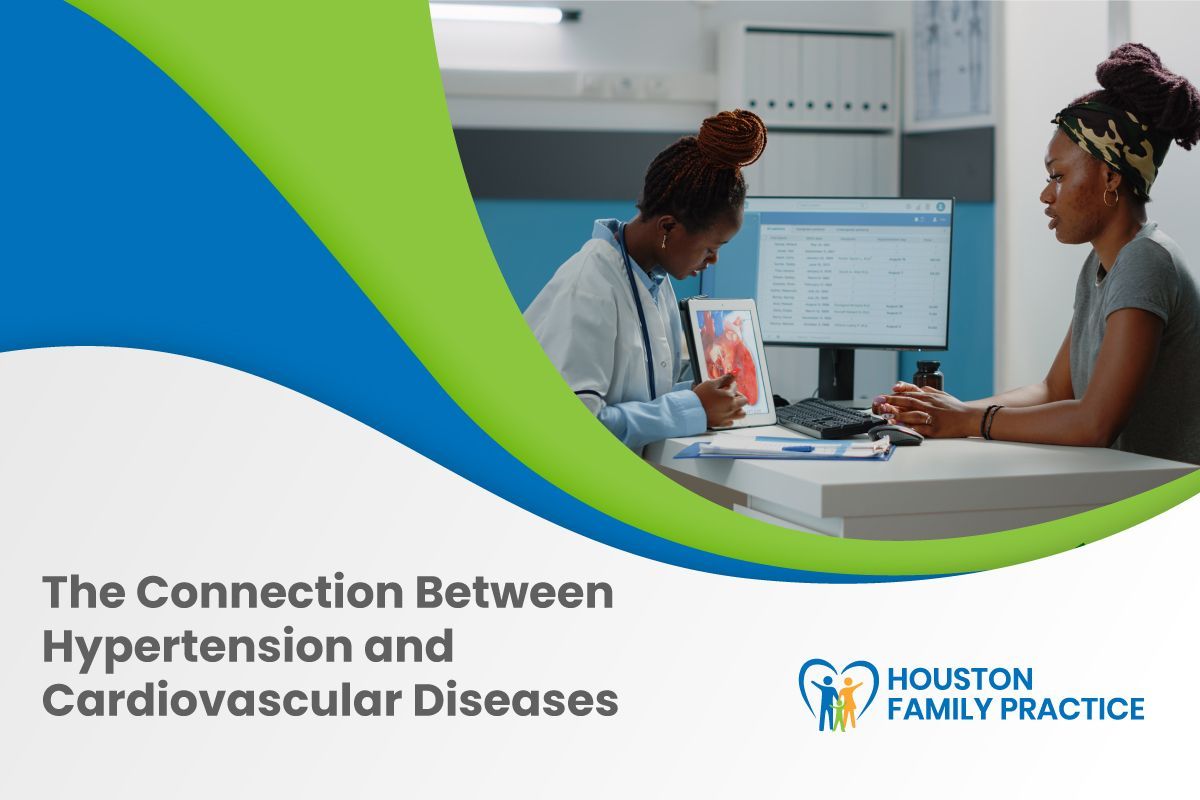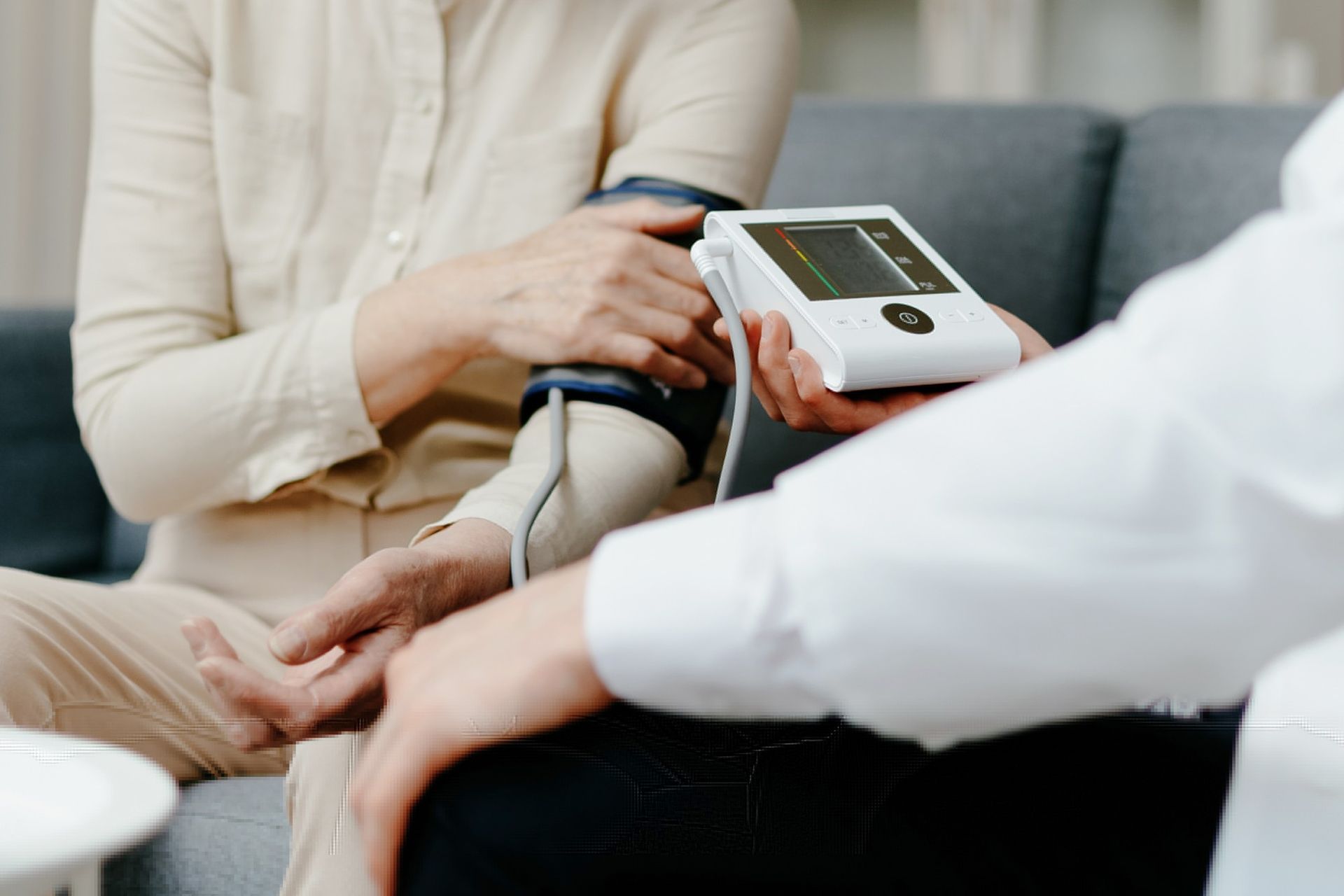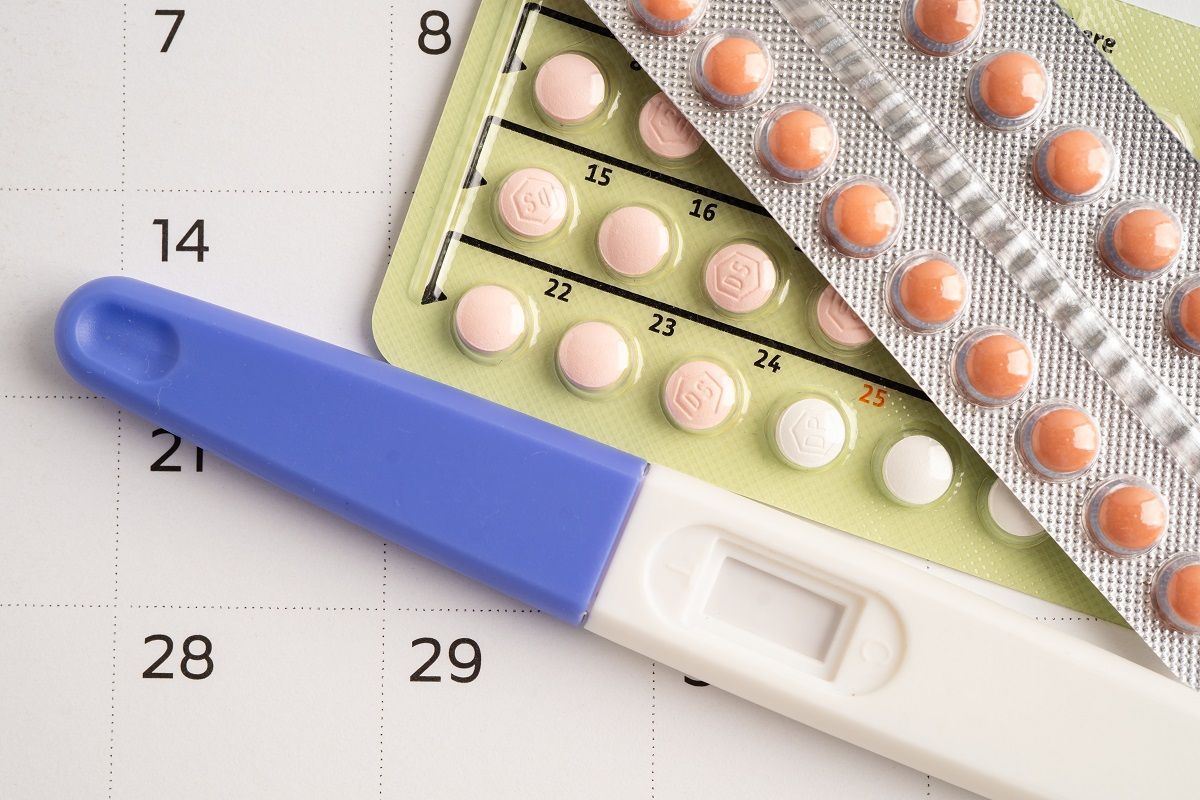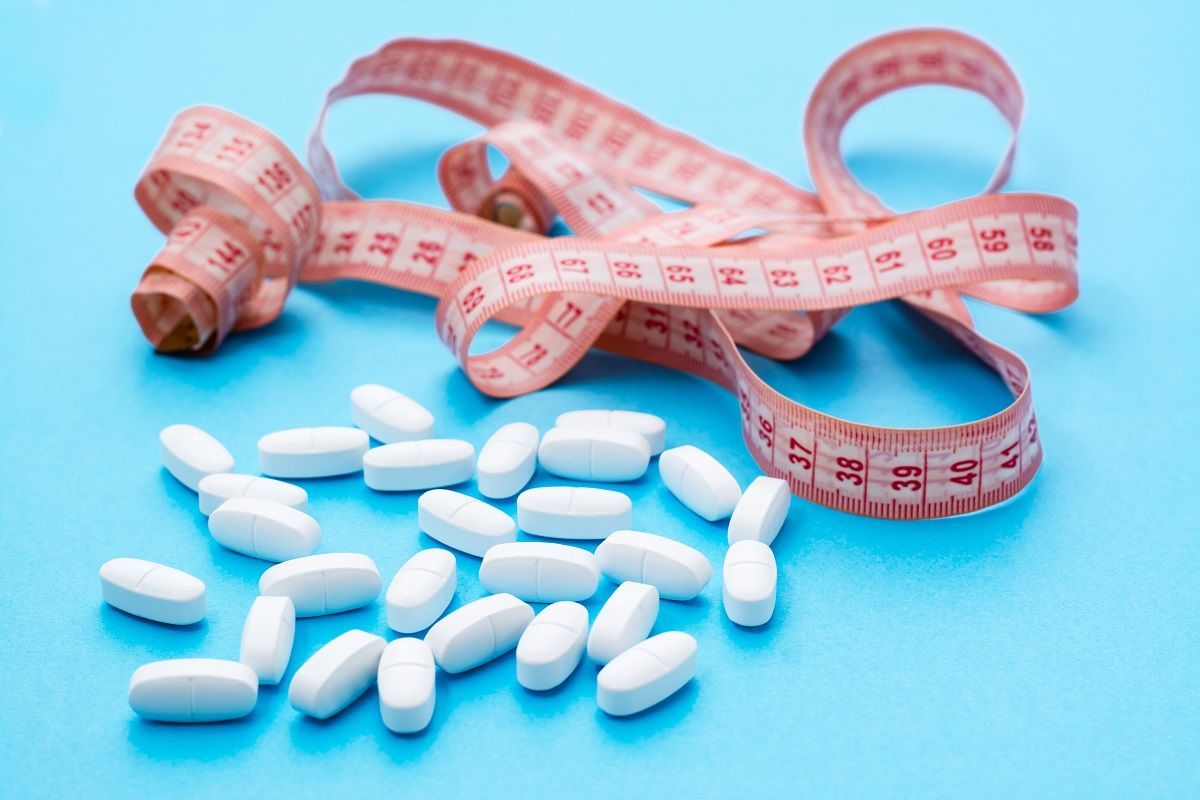The Connection Between Hypertension and Cardiovascular Diseases

What is Hypertension?
Hypertension, or high blood pressure, is the medical term for elevated blood pressure. Your blood pressure fluctuates depending on your daily activity. When systolic blood pressure is greater than 130 mmHg or diastolic blood pressure is greater than 80 mmHg, hypertension is present.
What is Cardiovascular Disease?
Cardiovascular disease, sometimes known as CVD, is an umbrella term that refers to various disorders affecting the heart or the blood vessel. The condition is typically linked to atherosclerosis, which refers to the accumulation of fatty deposits inside the arteries and an elevated risk of blood clots.
Moreover, it has been linked to the deterioration of the arteries found in organs such as the brain, heart, kidneys, and eyes.
The Connection Between Hypertension and Cardiovascular Diseases
The link between the two is that CVD results from Hypertension, which is the cause. CVD occurs when plaque accumulates in the blood arteries or a portion of the
heart muscle enlarges due to excessive blood pressure.
What Are the Types of Cardiovascular Disease?
We will discuss the four hypertension cardiovascular diseases to emphasize the crucial part that Hypertension plays in CVD.
1. Coronary Heart Disease
This type of CVD is known as Coronary heart disease resulting from hypertension heart disease.
Coronary heart disease (CHD) is characterized by a
decrease in the amount of blood that can flow to the heart muscle due to a buildup of fatty substances, also known as
atheroma, in the coronary arteries of the heart.
The coronary arteries are the primary blood channels that bring oxygen-rich blood to the heart muscle. Suppose the coronary arteries in your heart become constricted due to the accumulation of atheroma. In that case, the blood flow to the muscle in your heart will be reduced.
Angina pectoris can result from this (chest pains).
A coronary artery can bring on a heart attack if it becomes entirely blocked. This is when high blood pressure and heart attack happen, and medical attention is urgently needed.
2. Aortic Disease
This refers to disorders that affect the
aorta, the primary and largest artery in the human body that delivers oxygenated blood to all of the body's critical organs. Your entire body's blood supply can be
in danger if the aorta develops an illness or injury. This can happen suddenly and result in a catastrophic medical emergency.
Types of aortic diseases
- Aortic aneurysm - a "ballooning" of the aorta, which can break if it gets big enough.
- Aortic dissection - happens when the middle layer of the aortic wall splits, making a "false" channel for blood flow. This tearing apart of the aortic wall makes it more likely to break.
- A thoracoabdominal aortic aneurysm - is a ballooning or enlargement of the aorta. This main artery sends blood to the rest of the body.
3. Stroke
This is another type of cardiovascular hypertension disease. A
stroke is a severe health problem when the brain doesn't get enough blood.
Like all other organs, your
brain needs a steady supply of oxygen and nutrients to work well. This is what blood is for, so if your blood flow slows down or stops, brain cells will start to die. This can cause damage to the brain and even death.
So, a stroke is a medical emergency that must be treated immediately. You are more likely to sustain less harm the sooner you obtain therapy.
The main symptoms of a stroke can be remembered by the acronym
FAST.
- Face - One side of the face sagged, difficulty smiling, or the mouth or eye drooped.
- Arms - If you had a stroke, you could be unable to lift and hold up your arm because it is weak or numb.
- Speech -Your words can be jumbled or slurred, or you cannot talk at all, even though you look awake.
- Time – it is about time to call 911 immediately if you notice any of these symptoms.
4. Peripheral Arterial Disease
An obstruction in the arteries leading to your limbs causes
peripheral arterial disease, commonly referred to as peripheral vascular disease (usually in your legs).
Walking while experiencing discomfort in the legs is the symptom of peripheral arterial disease that occurs most frequently. This can happen in either of your thighs, hips, or calves. However, it's more common in the thighs.
The discomfort can be described as a cramp, a dull pain, or the feeling of having something heavy pressing on your legs' muscles. In most cases, it is a fluctuating pain made worse by activities requiring you to utilize your legs, such as walking or climbing stairs.
How to Prevent Hypertension That Leads to Cardiovascular Disease?
What causes the cardiovascular disease is an unhealthy lifestyle. When you take care of your blood pressure, you lower your risk of CVD. Several treatments and adjustments to your lifestyle can help prevent and control Hypertension and reduce your risk of developing cardiovascular disease.
1. Keep a Healthy Diet
Modify your diet, and keep it healthy to avoid Cardiovascular Disease. Consume a diet high in fresh vegetables and fruits, whole grains, lean proteins, and dairy products with low-fat content. Steer clear of processed meals, sugars added during processing, and excessive salt.
2. Maintain a Healthy Weight
Obesity is a
significant risk factor for high blood pressure and cardiovascular disease. Keeping a healthy weight through a nutritious diet and regular exercise can help minimize your risk of cardiovascular disease and assist in the control of blood pressure.
3. Engage in Regular Exercise
Regular physical activity can assist in lowering blood pressure and improving the overall health of the heart. Your goal is to have a minimum of
30 minutes of exercise every day, most days of the week, at a moderate level.
4. Reduce Alcohol Intake
Reduce your use of alcohol because excessive drinking can
raise your blood pressure and increase the risk of cardiovascular disease.
5. Stop Smoking
Put out that cigarette!
Smoking is one of the most significant risk factors for cardiovascular disease and can significantly raise blood pressure. Putting an end to a lifelong habit such as smoking is among the most beneficial things you should do for your heart health.
6. Manage Your Stress.
Please take steps to
manage your stress because it has been shown that stress can induce transient spikes in blood pressure. Finding healthy ways to manage stress, such as via exercise, meditation, or yoga, can help avoid high blood pressure and lessen the risk of cardiovascular disease.
7. Take Your Medication as Prescribed
Taking medicine matters a lot since this
help relaxes blood vessels. They stop the body from making a chemical that causes blood vessels to narrow.
Diuretics, beta-blockers, calcium channel blockers, and angiotensin-converting enzyme (ACE) inhibitors are a few
medications used to manage Hypertension.
Collaborating with your healthcare practitioner to formulate a strategy for preventing or managing Hypertension and reducing the risk of cardiovascular disease is essential.
Is Hypertension a Cardiovascular Disease?
No. Hypertension or high blood pressure is not a cardiovascular disease but a significant risk factor for cardiovascular disease (CVD).
If you ask, is high blood pressure considered heart disease? Yes, it is. Elevated blood pressure is known as Hypertension or high blood pressure. When this happens, the heart has to work harder to pump blood, which can cause the thickening and hardening of the blood vessels.
Consult Your Physician
Look no further than
Houston Family Practice when looking for "health clinics near me" or "doctors in Houston, Texas." Our medical specialists are well-trained to assist you in managing your Hypertension to avoid CVD.
Please get in touch with us through the highlighted name of our clinic if you require additional information and assistance in treating Hypertension.











